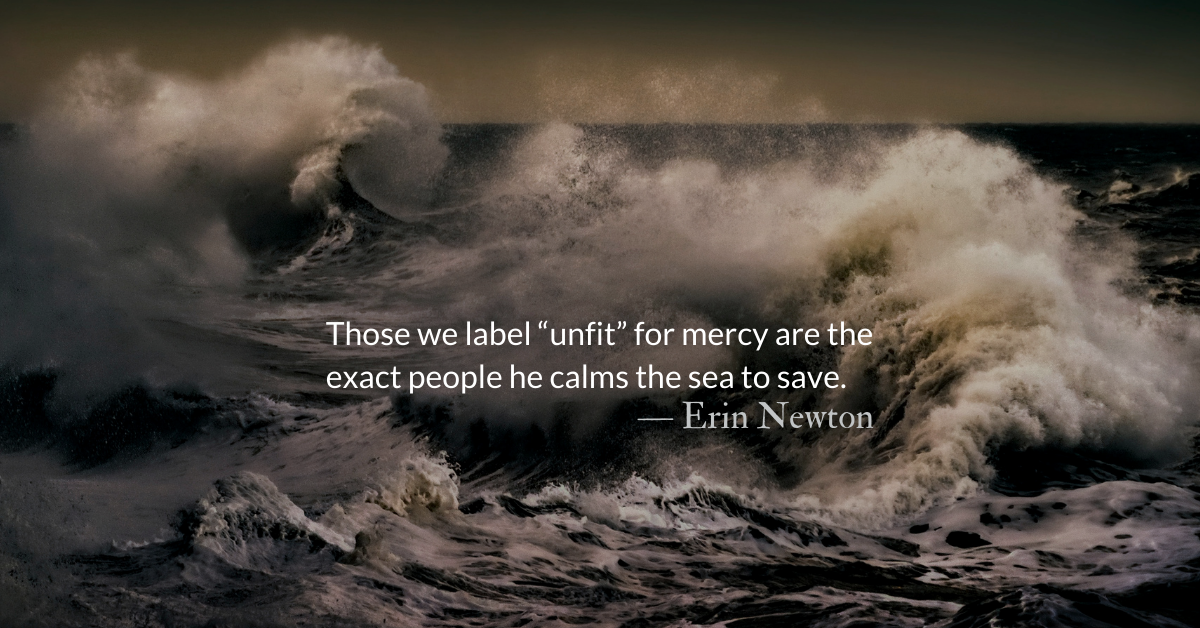Scripture Focus: Matthew 8.3, 17
3 Jesus reached out his hand and touched the man. “I am willing,” he said. “Be clean!”
17 This was to fulfill what was spoken through the prophet Isaiah:
“He took up our infirmities
and bore our diseases.”
Reflection: He Is Willing
By John Tillman
There are three healings in this chapter that add up to the fulfillment of Isaiah’s prophecy. We will take them in reverse order.
Jesus comes to the home of one of his closest friends and disciples. Peter’s mother-in-law is ill. Jesus heals not just her but many with illnesses and demonic affliction. These were Peter’s friends and neighbors. Fellow Galileans. Fellow Jews. Insiders.
Just prior to this, a Roman Centurion met Jesus at the edge of town, asking that his servant be healed. The Centurion amazes Jesus with his understanding of Jesus’ power and authority. “Just say the word,” he says. Jesus does. He proclaims this outsider an insider by faith and warns many insiders that, when it comes to faith, they may be left outside.
Just prior to this, Jesus is coming down the mountain from teaching the Sermon on the Mount. About love for enemies. About trusting God. About not caring about food or clothing or appearances. He is met by a man who had no choice but to care about appearances. He was a leper.
Cast out of the community, lepers couldn’t work, couldn’t gather to worship, and could not make sacrifices for their sins in the Temple.
Not only did people spurn them for the potential transmissibility of their physical disease, they spurned them for the assumed corruption of their moral character. It was their sins, more than their skin, that people didn’t want to touch.
The leper comes to Christ with an expression of faith but he also comes with doubt. “Jesus, you are able…but are you willing?” Jesus touches and heals.
We may ask the same questions at times. Jesus, are you willing? Are you willing to cross the divide of my sin? Are you willing to even be seen with me? Are you willing to be unclean by being close to me?
Jesus is willing. No matter where you are. Insider. Outsider. Spurned ones. Abused ones. Doubtful ones. Jesus is willing to touch, heal, and restore. It is part of his identity and mission to touch the untouchable and heal. To sit with the sinners and inspire repentance. To confront the proud to bring humility.
He will heal all who come to him. No matter what it costs him. Even if your faith isn’t perfect. Even if you aren’t sure you believe he will. Reach out to Jesus.
He is willing.
Divine Hours Prayer: The Refrain for the Morning Lessons
Truly, his salvation is very near to those hwo fear him, that his glory may dwell in our land. — Psalm 85.9
– From The Divine Hours: Prayers for Summertime by Phyllis Tickle.
Today’s Readings
Hosea 3-4 (Listen 3:43)
Matthew 8 (Listen 4:09)
Read more about Healing the Swollen
Jesus cared for Pharisees swollen with pride. He can heal us too.
Read more about Stretch Out Your Hand
The man with the shriveled hand seems to be there only so the leaders can see if Jesus will break one of their interpretations of Sabbath law. It’s a trap.










